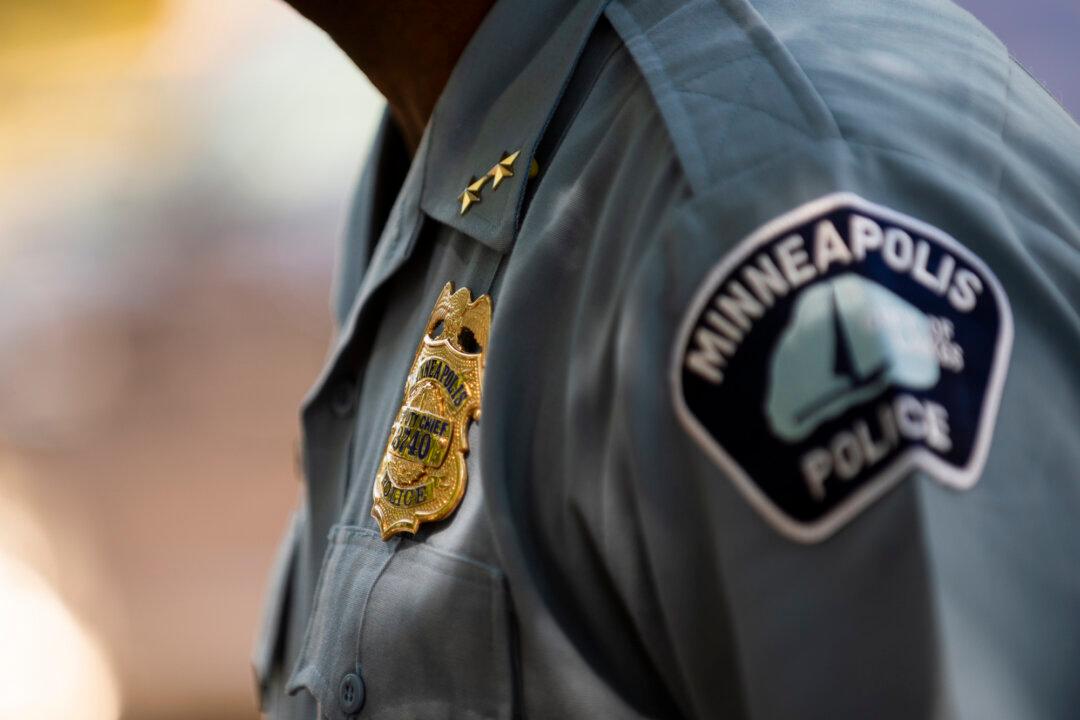Two police unions are asking the University of Minnesota to investigate a student leader who appeared to have encouraged her peers to harass police officers on campus by making false emergency calls.
In a video clip of an executive board meeting of the Minnesota Student Association, ranking member Lauren Meyers was asked by another student what exactly she meant when she said “disrupting UMPD,” the University of Minnesota Police Department.





